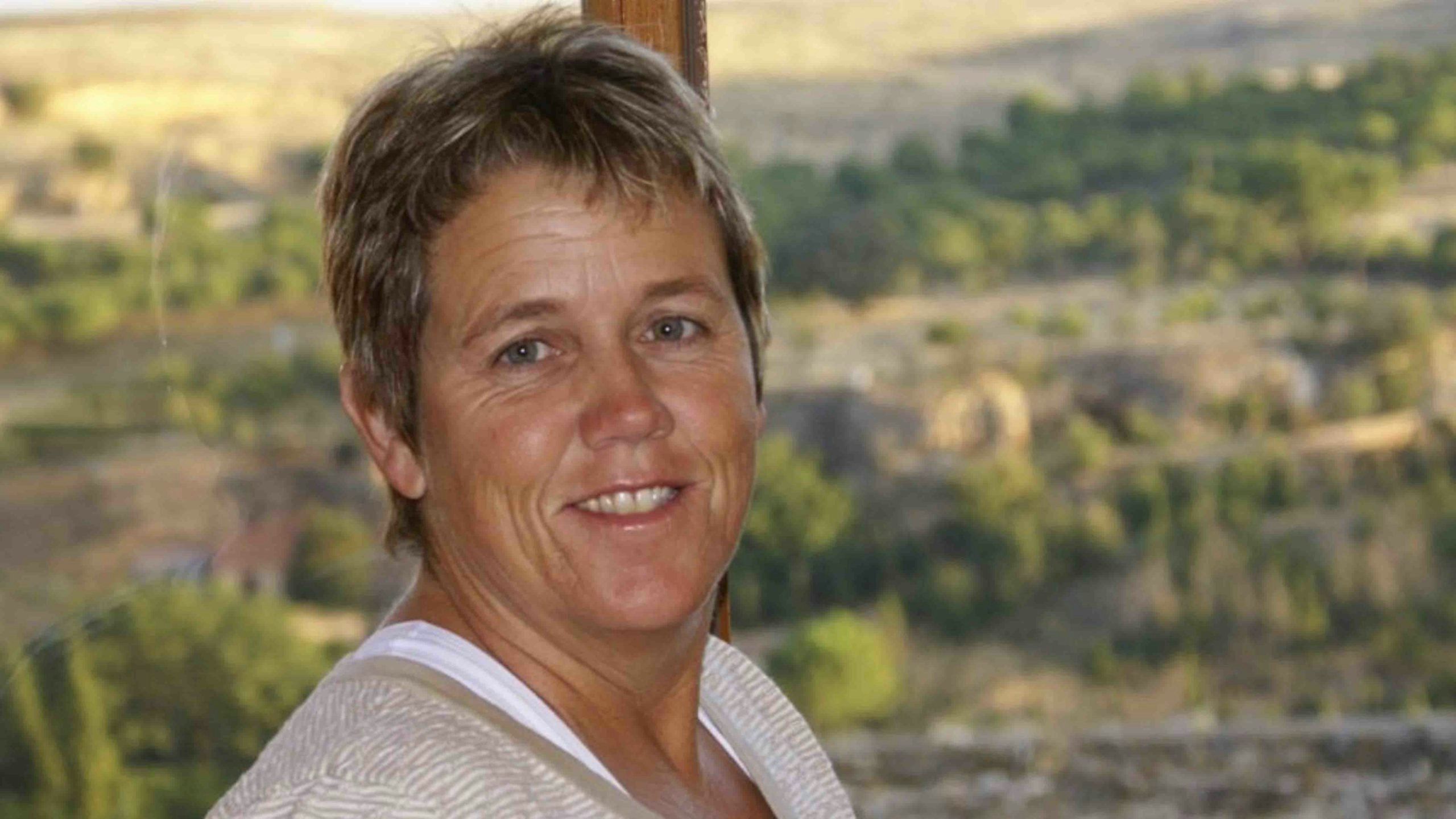Livestock producers who experience wolf depredation on their animals in Wyoming’s predator zone would be able to seek compensation from a fund administered by the Wyoming Department of Agriculture (WDA) if House Bill 188 is enacted. The bill passed out of the House Agriculture, Public Lands and Water Resources Committee this morning on a unanimous 9-0 vote – after the committee voted to double the amount of funding attached to the bill.
Sponsored by Representatives John Winter, Dalton Banks and Albert Sommers, and Senators Larry Hicks and Cheri Steinmetz, the bill reinstates an expired wolf depredation compensation program of WDA. Representative Winter (HD28) made the case for the bill, noting that as proposed, the program would be funded with an allocation of $135,000 and would run through June 30, 2026.
Rep. Bob Davis (HD47) commented that the $135,000 allocation “seems like a small number for a three-year program,” to which Chairman John Eklund (HD10) agreed, calling it “a pittance.”
Winter explained that the amount was determined based on compensation that was paid through the program in the past but added that the bill’s sponsors “tried to keep the figure down as low as we could.” Davis countered that Colorado’s plan to reintroduce wolves into that state could result in more conflicts in the neighboring areas of Wyoming.
WDA’s Jerry Johnson explained that the compensation program had received funding in the past, but the program was underutilized by producers for a variety of reasons, including the changing legal status of wolves from federally protected to state managed, and the lack of awareness of the program. Johnson noted that most recently the compensation program paid more than $22,000 from just four claims in Fiscal Year 2022, and although numerous producers called to inquire about the program, they didn’t end up filing claims because they feared there wouldn’t be enough funding to cover other impacted producers.
That statement got Representative Barry Crago’s attention. He asked Johnson how many other producers inquired but didn’t file claims, to which Johnson said he could recall about five such conversations.
It’s worth noting that this is the polar opposite of the narrative put forth by some wolf advocacy groups who allege that livestock producers try to claim every dead animal as wolf kills so that they can receive money from compensation programs. But I know the truthfulness of Johnson’s statement to the committee because I was one of the producers who engaged in that conversation with him.
I know of numerous instances when our family, and our neighbors, did not file claims for damages under the WDA program because we knew that the funding pool was so small and we wanted to save that money for folks who experienced worse damages that we did any given year. As livestock producers, we were trying to use the program only to fund the worst-case situations when we were hit hard because we’ve had that experience as well. It cost us money to try to absorb the cost of wolf depredations, but we had hoped that by being conservative, the program would be there in those really bad depredation years when we really needed it to survive to the next year. While we experience some level of wolf damage every year, it seems like we have a major wolf depredation event about every four years.
It made sense to us to use the program conservatively, but it turned out to be a bad strategy. It made it appear as if the program wasn’t needed and the program expired. We are so thankful to the sponsors of HB188 for trying to bring the compensation program back to life. As in the past, only confirmed wolf depredations would be eligible for compensation at the current market rate for that class of livestock, and WDA would initiate a rulemaking procedure to begin the program.
Wyoming Game & Fish Department Director Brian Nesvik told the committee that his agency pays for wolf damage in the trophy game area of the state, and said that the amount paid varies widely from year to year, ranging from $142,000 to $390,000 annually. He noted that although his agency doesn’t actively monitor wolves in the predator zone, WG&F estimates there are at least 39 wolves in five packs in the predator zone, including at least one breeding pair. When Colorado begins its wolf reintroduction program later this year, it is expected that livestock producers in the southern portion of Wyoming will begin having more wolf conflicts as wolves increase their presence in that area as well.
Representative Jon Conrad (HD19) put forth a successful amendment to the bill to bump the funding to $300,000 for the three-year program shortly before the committee unanimously voted to send the bill to the Appropriations Committee and on to the House floor for consideration.
Cat Urbigkit is an author and rancher who lives on the range in Sublette County, Wyoming. Her column, Range Writing, appears weekly in Cowboy State Daily.





